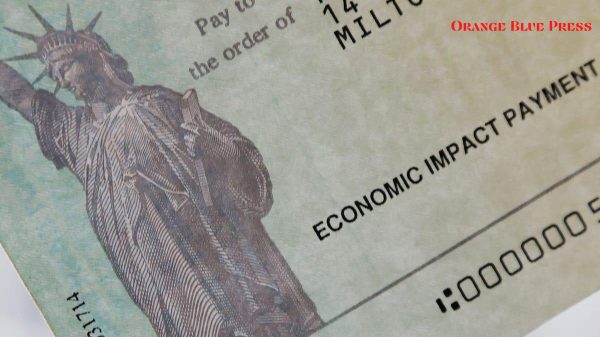
Tax avoidance, or attempting to reduce your taxes, is legal (Photo: Nasdaq)
Is it possible to avoid paying taxes legally?
A tax deduction reduces your taxable income, allowing you to pay less in taxes. If you want to avoid paying taxes, your tax deductions must equal or exceed your income.
Is it legal to avoid paying taxes?
Both yes and no. Tax avoidance, or attempting to reduce your taxes, is legal — as long as the deductions you use are permitted. Tax evasion is the deliberate failure to pay a portion or all of your taxes.
Case Studies on How to Avoid Paying Taxes Legally
1. Drunk Driver Makes DUI a Tax Deduction
Some people have all the luck — or extraordinary perseverance. In 2005, Justin Rohrs slid his truck off an embankment, only to be charged with DUI for intoxicated driving. Regardless of the circumstances surrounding his car’s damage, he decided to file a $33,629 insurance claim for his truck. After his insurer denied his claim, he attempted to claim his vehicle loss as a tax deduction.
2. Cats Can Be Very Expensive
Van Dusen’s expenses for caring for the cats began to mount, so when she filed her 2004 tax return, she attempted to deduct $12,068 for cat-rescue costs such as food, vet bills, paper towels, and more.
3. Breast Implants in Exotic Dancers Pay For Themselves
Hess, aka Chesty Love, wrote off her implants as a business expense. The IRS denied her request, stating that business deductions only apply in ordinary and necessary circumstances.
READ ALSO: Write-Offs on Your Taxes: Learn More About It

Tax avoidance, or attempting to reduce your taxes, is legal (Photo: Mark J. Koler)
4. Even drug dealers are eligible for tax breaks.
Jeffrey Edmondson, a drug dealer, could teach classes on how to avoid paying taxes legally. He got into legal trouble after being arrested and charged with drug trafficking. To extract even more money from the dealer, the IRS audited him for $17,000 in back taxes after he failed to declare his drug-dealing income.
5. Bribes Can Be a Business Expense
William D. Zack, a shady businessman, ran a phony invoicing scheme that landed him in hot water with the IRS. The US government sued him for $311,601 in unreported income taxes for 1985 and 1986. However, Zack argued that his total unreported income for those years should be reduced by $90,286 — money that he spent on bribes during those years, claiming that he did so to obtain work for his business entities.
6. A Professional Gambler Wins a Bet Against the IRS
Professional gambler Robert Mayo wagered over $131,000 and won $120,000 in 2001. He claimed his gambling losses and travel and research expenses as tax deductions on his tax return.
7. An NBA Player Pays His Fines
Former NBA star Lamar Odom filed a lawsuit against the IRS in 2010 after the agency claimed he owed $87,000 in taxes and interest. Odom claimed tax breaks for $12,000 in sports fines and $178,000 in fitness expenses.
8. Trips to the Florida Keys for Scuba Diving Are Considered a Business Expense
According to tax preparer Jody Padar, CPA, a firefighter who worked in a cold climate could deduct scuba diving training trips to the Florida Keys as a business expense on his taxes. He could claim the deduction because his job with the fire department’s dive team required him to have a scuba diving certification.
9. A Medical Expense for an iPhone
One taxpayer was prescribed an iPhone by her doctor after suffering severe brain injuries in a car accident. The phone enabled her to be more self-sufficient — it reminded her of tasks she needed to complete and answered questions for her via Siri — so it qualified as a medical expense, according to CNN Money.
READ ALSO: Here’s How To Avoid IRS Tax Audit




















